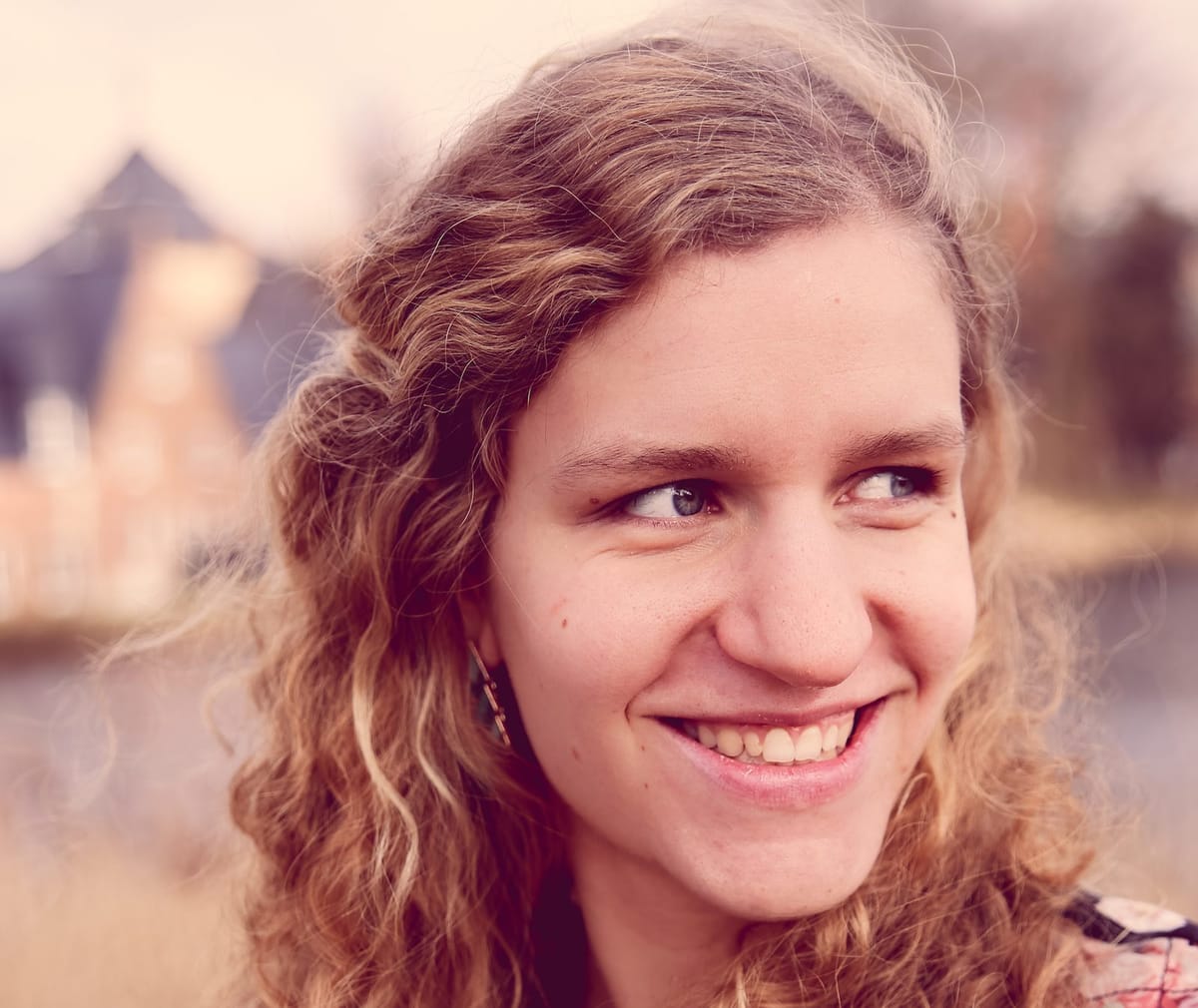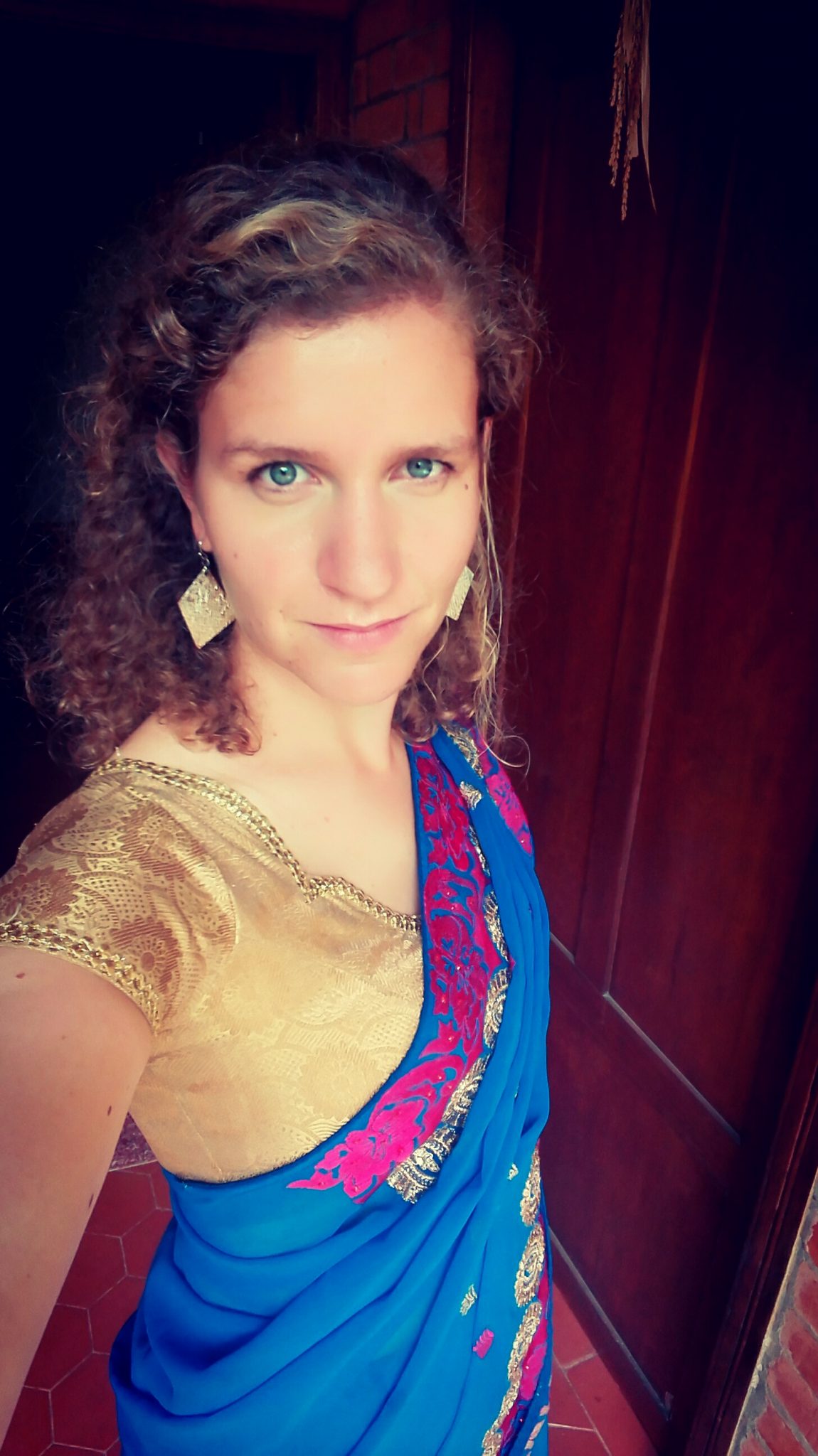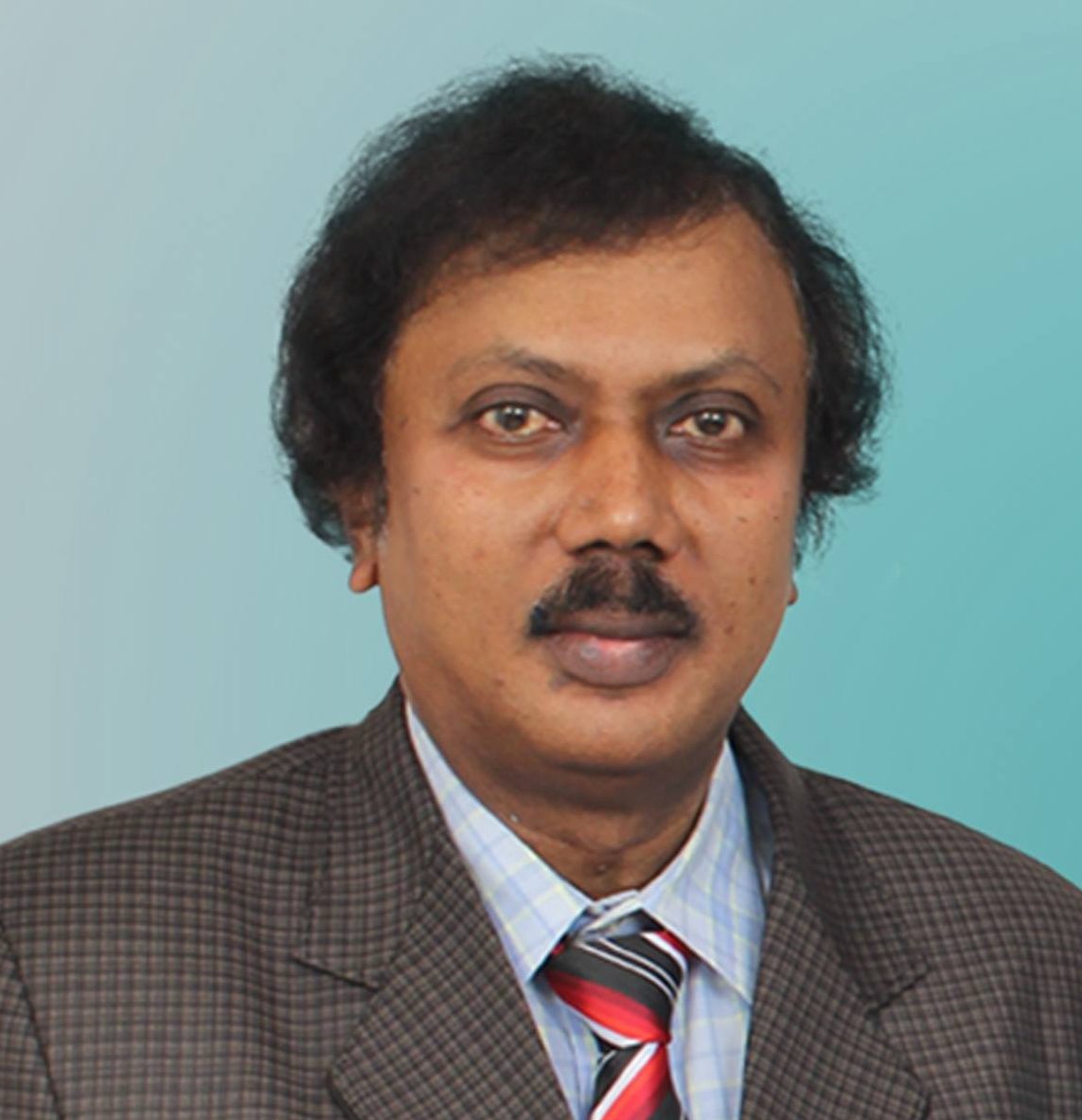Pianist Aveline Gram Tours India | 21 March – 23 April 2017

Serenade Team: Is this your first time performing in India? Please share your background with us.
Aveline Gram: Yes, this is my first time in India and thus also my first performances in India. I am very much looking forward to that!
I have performed many times in European countries, but I expect the experience to be totally different here. I’m curious to see how the public will react and it will also be interesting to see the differences among the different Indian cities. In Europe we have a specific set of rules as to how to behave during a classical concert. I am glad to get back to the roots of it and see how people spontaneously react, without any formality or rules influencing them.
ST: Your repertoire includes three Chopin pieces. How important is tonality and colour for this composer’s music?
AG: I think tonality and colour is and should be important for every composer. It is almost like a trademark. Every composer will have his own particular sound and colour. That is how you can differentiate them from each other.
Music is not just a sequence of notes, music is what is between those notes. The emotional and physical tension, the movement and weight, from one note the other – from one musical sentence to the other.
Chopin is one of my favourite composers simply because his music lays the closest to what feels natural for me. His music can touch my emotions so deeply, and then it allows me to express those emotions in a very natural way.
ST: In your opinion, what is the ideal practice routine that pianists should follow?
AG: The ideal practice routine for a pianist is one where the pianist does what is best for themselves and not follow any kind of expectations ‘because everyone does it like that’.
Of course, being a professional musician is like being a top-sporter. It requires a huge amount of practice and training, especially in the beginning years when you’re young. I started playing the piano at the age of 6 and had my first competition at 9. Already then I had several hours of lessons and practice every week. From the age of 13, I started playing for at least 3 hours a day. That was a hard combination with school! I used to come home after a whole day of school, start my piano right away, practiced for 3 hours and only then, around 9pm, start my homework for school. And this was the schedule every single day.
In summers I would go to 2-3 masterclasses where I practiced up to 8 hours a day or even more. But this amount should remain the exception. Practicing is mentally and physically extremely challenging. In order to be highly concentrated, an average of 4 to 6 hours a day is perfect. Beyond that, your work might not be efficient anymore.
Also physically, one should be careful not to overuse their muscles and end up with tendonitis. But you clearly feel a difference in your fingers and sound when you practice a lot.
Then on the other hand, I am also convinced that evolving in music can and should be done in several ways. In my opinion, you won’t get far by practicing only. Music is about what you want to express as a human being, but how to do that when the only thing you have seen in your life is your piano in a room? Other experiences are extremely important. Music is an expression of your personality, so one should also get the chance to build themselves as a person, apart from the professional side.
That is why my travels throughout India have and will affect my way of expressing music very strongly! Getting to know Indian classical music and its instruments is just one example!
ST: Which city, from your month long tour organised by Prabhudhas Ivanson, are you most looking forward to visiting and why?
AG: That is a tough one! I would say all of them! Of course I’m looking forward to discover places I haven’t been before, like Goa, Mumbai or Bangalore. I’ve heard so much about each one of them and I am eager to explore them myself!
But I am also very much looking forward going back to cities I have been to already. I have such good memories about each one of them. Very different for each city and also very much linked to the people I have met there. That will be one of the nicest things about it, is to play with my new Indian friends in the public. It will be like playing a home match. Although Belgium is still far from here, I do have the impression of having homes in India too!
ST: Where are you off to next?
AG: Since the start of my travels, I have always let fate decide where I’ll go next. Usually my encounters and the new friends I make decide which way I’ll go. Sometimes also the climate and weather will have a say in it. It feels good not to have a fixed plan. It’s only then that you are free and open for spontaneous and special experiences! I have many examples of that!
That means I am not completely sure yet of my itinerary after the concert tour. I do have some ideas, but they are still swirling around in my head. I’m sure it will be a great new adventure again!
TOUR SCHEDULE
Aveline Gram (Piano solo) and Prabhudhas Ivanson (Piano solo); piano duets by Aveline and Prabhudhas


New Delhi
March 21 – Concert – Delhi School of Music – 7pm
March 22 – Masterclass – Delhi School of Music
Maharashtra
March 25 – Concert – Mehli Mehta Music Foundation, Mumbai – 7pm
Goa
April 2 – Concert – Menezes Braganza Hall, Panjim – 6:30pm
April 3 – Masterclass – Kala Academy
April 4 – Concert – Art Chamber, Calangute – 7:30pm
Karnataka
April 7 – Concert – Bangalore School of Music, Bangalore – 7pm
April 8 – Masterclass – Bangalore School of Music, Bangalore
Tamil Nadu
April 12 – Masterclass – Musee Musicale Auditorium, Anna Salai, Chennai
April 13 – Concert – Rani Seethai Hall, Anna Salai, Chennai – 7pm
Kerala
April 18 – Concert – YMCA Hall, Thiruvananthapuram – 7pm
April 19 – Concert – YMCA Hall, Thiruvananthapuram – 7pm
April 23 – Masterclass – Chetana Music Academy, Thrissur





